
Dr Gabrin said not to forget about the most powerful drugs we have in the pandemic-tolerance, kindness, empathy, compassion, and patience.

Dr Gabrin said not to forget about the most powerful drugs we have in the pandemic-tolerance, kindness, empathy, compassion, and patience.

Slipping out of quarantine, we walk hand in hand. Comforting words that this, too, shall pass.

When I first learned of Anne Frank’s story, I could barely imagine the fear, the loneliness, and the isolation. During these last few weeks, I realized there is so much young people can learn from her.
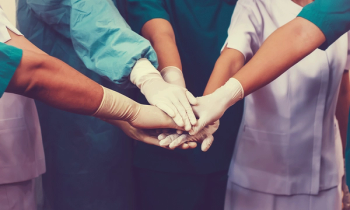
They are models of the essence of heroism that is being seen in health professionals and the public during the pandemic.

In these uncertain times, many look to Franklin D. Roosevelt’s quote “The only thing we have to fear is . . . fear itself.” But what does that really mean?

Recommendations from the International Society of Bipolar Disorders Task Force on Chronobiology and Chronotherapy and the Society for Light Treatment and Biologic Rhythms.

The current COVID-19 pandemic has raised a number of issues related to the role and importance of psychiatrists compared with medical colleagues at this time of widespread illness and massive changes.
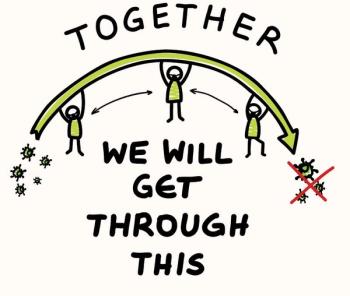
So begins this transformative journey to calm, peace, and tranquility in the face of a “coronacopia” of life upending challenges.

We often push thoughts of death far out of our awareness, but at the present time they unavoidably re-emerge. Can we learn something helpful from this?

Hearing about Coronavirus 2019 from opinionated and often unreliable sources made this 15-year-old more nervous than she needed to be.
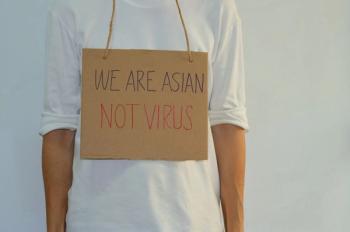
Reports of verbal and physical aggression toward Chinese-American people have undeniable ripple effects, and if left unmonitored, turns into full-fledged Coronasiaphobia.
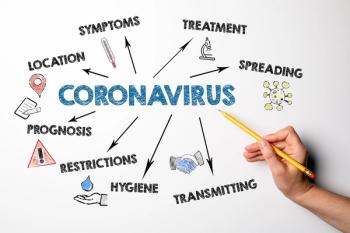
Is there special guidance for APA members regarding COVID-19 and their practices/patients? What resources are available?

It’s been tornados, volcanoes, epidemics, and more. Now we have COVID-19; is the coronavirus here to stay?
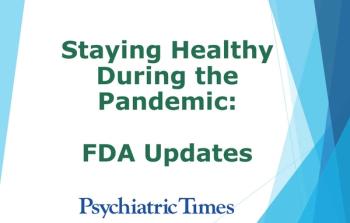
The US Food and Drug Administration is working diligently to provide the public with information to keep consumers well and safe. From hand sanitizers to testing to food safety, this slideshow presents the latest developments.
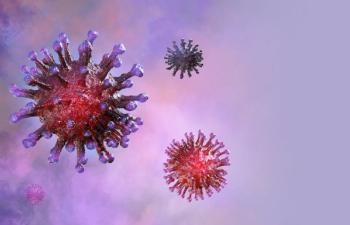

As the COVID-19 pandemic continues to affect the country, SAMHSA and the DEA allow for flexibility in addressing the needs of patients with opioid use disorder.
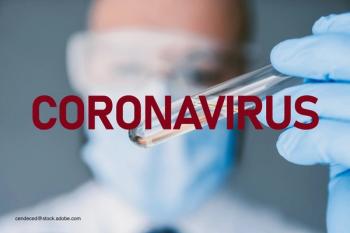
We thought it may be useful to have a frequent, but temporary (hopefully very temporary), series of brief pieces on the psychological aspects of the news, along with the occasional longer reflection pieces and podcasts.


The COVID-19 pandemic has gained its place on the dark side of world history for a variety of reasons: sudden onset, speed of global transmission, mistakes in recognition and management, politically inspired neglect or minimizations.

How can psychiatrists advise patients to manage their stress and to remain calm?

How will the coronavirus pandemic impact psychiatry as a field? Are there any neuropsychiatric symptoms associated with the COVID-19 virus? Those questions answered in this video.

College students are uniquely vulnerable to both everyday stressors and severe mental illness, and psychiatric symptoms among college students appear to be on the rise.
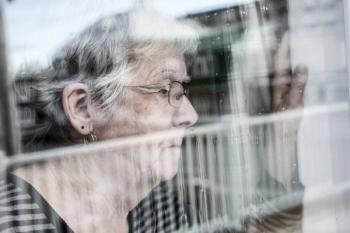
What can psychiatrists do to help their patients cope with self-quarantine and isolation practices? More in this podcast.
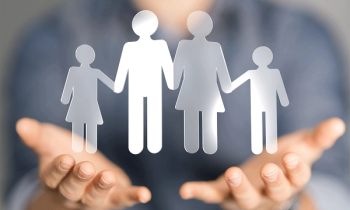
What do we tell patients regarding the pandemic both in terms of office policies and preparations for self-isolation and quarantine as well as dealing with uncertainty?

These are hard times, but they get a little easier when we make the decision to unite and go through them together.